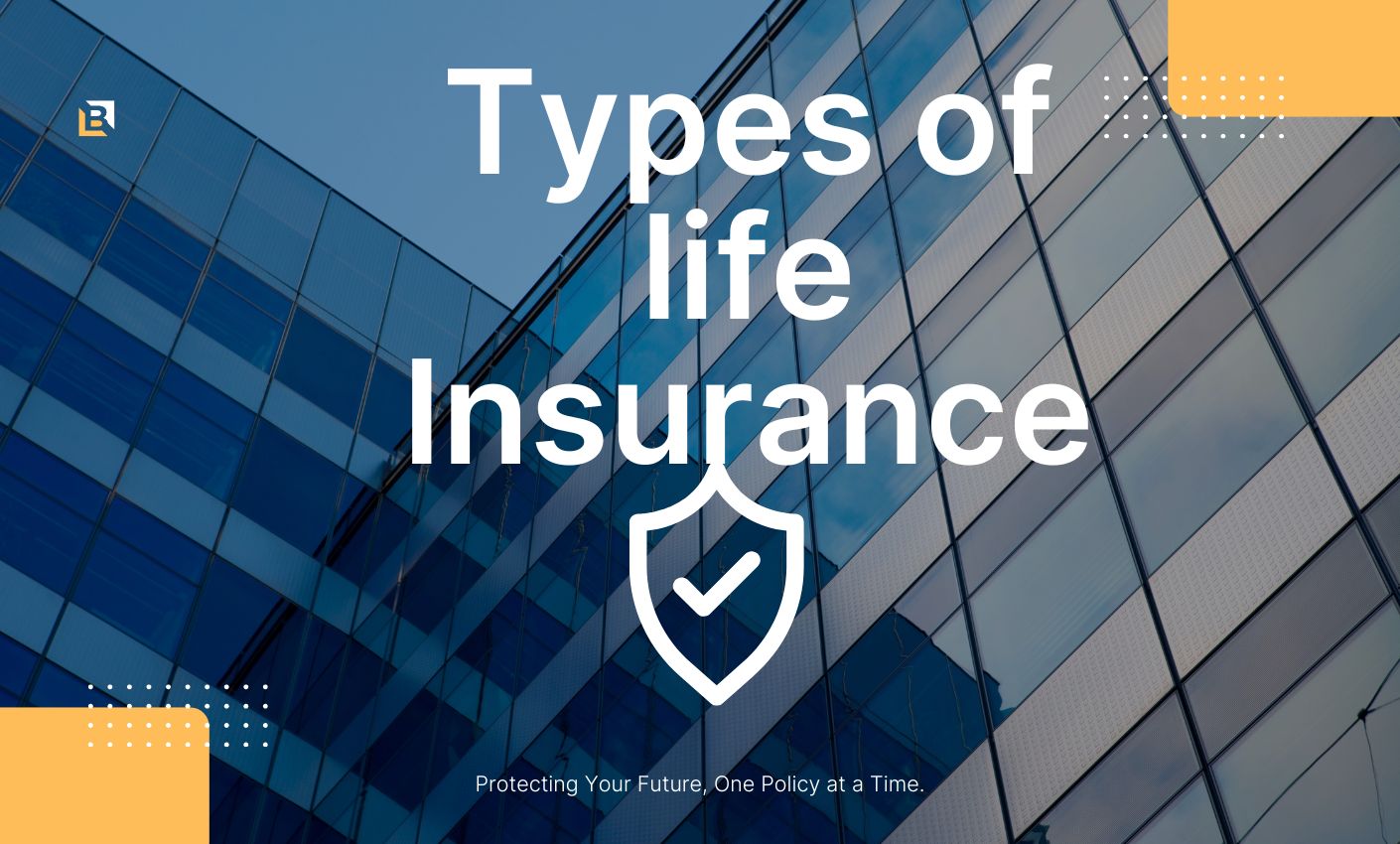

Just having car insurance is not just a mandatory policy as a law requirement but, like a financial saving cushion, it pays to protect you against the jitters of unexpected expenses in the case of an accident, theft or damage to your car. With rising insurance premiums, finding the best car insurance that balances comprehensive coverage with affordability is crucial.
Due to reasons such as increased repair expenses and inflation, in 2025, drivers will pay an average of 2,638 a year on full coverage. However, with the appropriate methods, you can save great amounts of money in terms of auto coverage and not lose coverage. This guide explores top car insurance providers, key coverage options, and practical tips to secure cheap car insurance while ensuring robust protection.
Auto insurance protects you against economic desolation in the occurrence of an accident or unforeseen circumstance. Be it paying medical expenses, car repair and liability to damages, an appropriate policy grants conformity as well as tranquility. Without proper insurance, one accident would cost thousands of dollars of pocket money.
As an example, the minimum required coverage by the state liability only coverage can be considered, and this type of policy generally leaves the coverage on your vehicle, as well as on personal injuries, unprotected. By choosing the best auto insurance companies, you can tailor coverage to your needs and budget, ensuring you’re protected on the road.
The best way to get effective and affordable coverage is through choosing an insurer that can be depended upon. Based on recent analyses, here are some of the best car insurance companies for 2025, known for competitive rates, strong customer service, and comprehensive options:
1. Travelers: Awards: Best OverallTravelers is always among the leading companies in auto insurances as it offers strong coverage and affordable prices. Travelers offers discounts on safe driving, bundle policies, and low-mileage drivers and thus will attract many customers.
They offer some extras such as roadside assistance and new car replacement as part of its policies and this makes their policies to be sought after by those seeking comprehensive cover.
USAA has great service and low rates, the limitation however is that it is limited to military personnel and veterans and their families.
The USAA company has many customer satisfactions, offers discounts on safe driving and multi-policy, its saving can be up to 23 percent on auto and home insurance.
GEICO is a good source of auto insurance that is cheap and this company also provides the lowest auto insurance rates available. Their user-friendly online tools make it easy to get car insurance quotes and customize coverage.
The discounts offered by GEICO are good driver, good student, and multi-car insurance, which allows the drivers to save a lot of money.
Progressive is the firm that specializes in insuring drivers who have not-so-perfect driving histories, including DUIs or accidents.
Their Name Your Price tool enables you to see the policies you can afford, and they also provide you with a discount when you purchase a bundle and when you drive safely. Fast processing of the claims is also characteristic of Progressive.
State Farm is a company that provides competitive insurance rates and high-quality customer services, which is why it is a great choice to consider as a driver who wants to receive personalized support.
They provide discounts on defensive driving course, good students and multi-car policy. The mobile app of State Farm eases policy maintenance and coverage claims.
Erie has a solid coverage in specific states, and it mainly looks at affordability and customer satisfaction.
Their Rate Lock facility will help you to maintain the same premium till you make some crucial amendment in your policies. Erie offers good coverage to the drivers in the North East and the Mid west.
American family provides considerable savings in combining auto and home insurance, up to 23 percent. They also offer such options as rideshare coverage to their target groups such as the drivers of the gig economy and the like, and their policies can be tailored
Car insurance coveragesLearning options is one thing that one should understand when it comes to policy selection. The following are classifications of the major auto insurance:
When choosing a coverage, take an equilibrium between the value of your vehicle, your driving trends, and expenditure. Liability-only policy can save bucks in the case of old cars whereas full coverage is also applicable on the new cars.


The Secret Advance of Big Savings on Car Insurance
As insurance on cars has increased by 17 percent in 2025, saving premium insurance cost is one of the priorities drivers consider. Here are proven strategies to secure affordable car insurance:
1. Compare Car Insurance QuotesAnother way of saving is to shop around. Compare quotes on online service such as The Zebra or Insurify where you can see quotes from more than 100 insurance companies including GEICO, Progressive and Allstate. The savings of up to 1,025 per year can be offered by the comparison of rates.
2. Raise Your Deductible.You can save money by increasing your deductible which is the amount you spend out of your pocket before insurance helps.
As an example, by raising your deductible to a higher amount, say 1000, you can save on the bill, however you have made sure that in case of a claim, you will be able to pay the higher amount of deductible.
Insurance companies provide lot of discounts to reduce premiums:
Auto insurance is usually advised to be combined with home or renters insurance to save money.
An illustration to this would be the multi-policy discounts provide by State Farm and American Family, the reduction in premiums being considerably high.
The credit scores are used in most states by the insurers to set the premiums. An increased score may result into reduced rates. Make sure to pay your bills on time, minimize the debt in order to increase your score further and also save money on insurance.
6. Select a cheap CarSome car models are cheaper to insure because of safety measures or the cost of repair. Get a research vehicle of warranted low premium before the purchase.
7. Pay AnnuallyThe full payment of your premium can be done and little discounts may be obtained as in case with certain companies such as SSFCU.
8. Dealing with a BrokerBrokers of insurance may be able to shop around and find the cheapest rates on several insurers that suit your needs as one driver experienced with his Elantra.
Avoid these common mistakes to get the best savings and coverage possible:
Conclusion: Smart driving leads to a big saving.

Finding the best car insurance means balancing comprehensive coverage with affordability. The best suppliers such as Travelers, USAA, GEICO, and Progressive provide good quotes and powerful opportunities in 2025.
By comparing car insurance quotes, leveraging discounts, and tailoring coverage to your needs, you can save big on auto coverage without compromising protection. Make this a starting point with examining your habits behind the wheels, consider bundling, and locate rates through online applications.
These strategies will make you hit the road with the confidence and extra cash in your pocket.
Providing expert insurance solutions has been our cornerstone for years, helping businesses and individuals navigate the complexities of policies and claims with confidence. Trust us to guide you every step of the way.
All author postsTips to get the most out of your life insurance policy...
Simple strategies to lower your premiums while keeping the coverage you need...
Guide to choosing a policy that matches your financial goals and family’s needs...
Discover the best fit among term, whole, and universal life insurance...

How long does it usually take for an insurance claim to be processed?

Can I speed up the claim process in any way and what should I do if my insurance claim is delayed?

Submit accurate documents promptly, respond to inquiries quickly, and follow up with your insurer to avoid delays. If issues persist, escalate or seek legal advice.

What are the most common reasons insurance claims are denied, and how can I avoid making these mistakes to ensure my claim is processed smoothly?
Write a comment